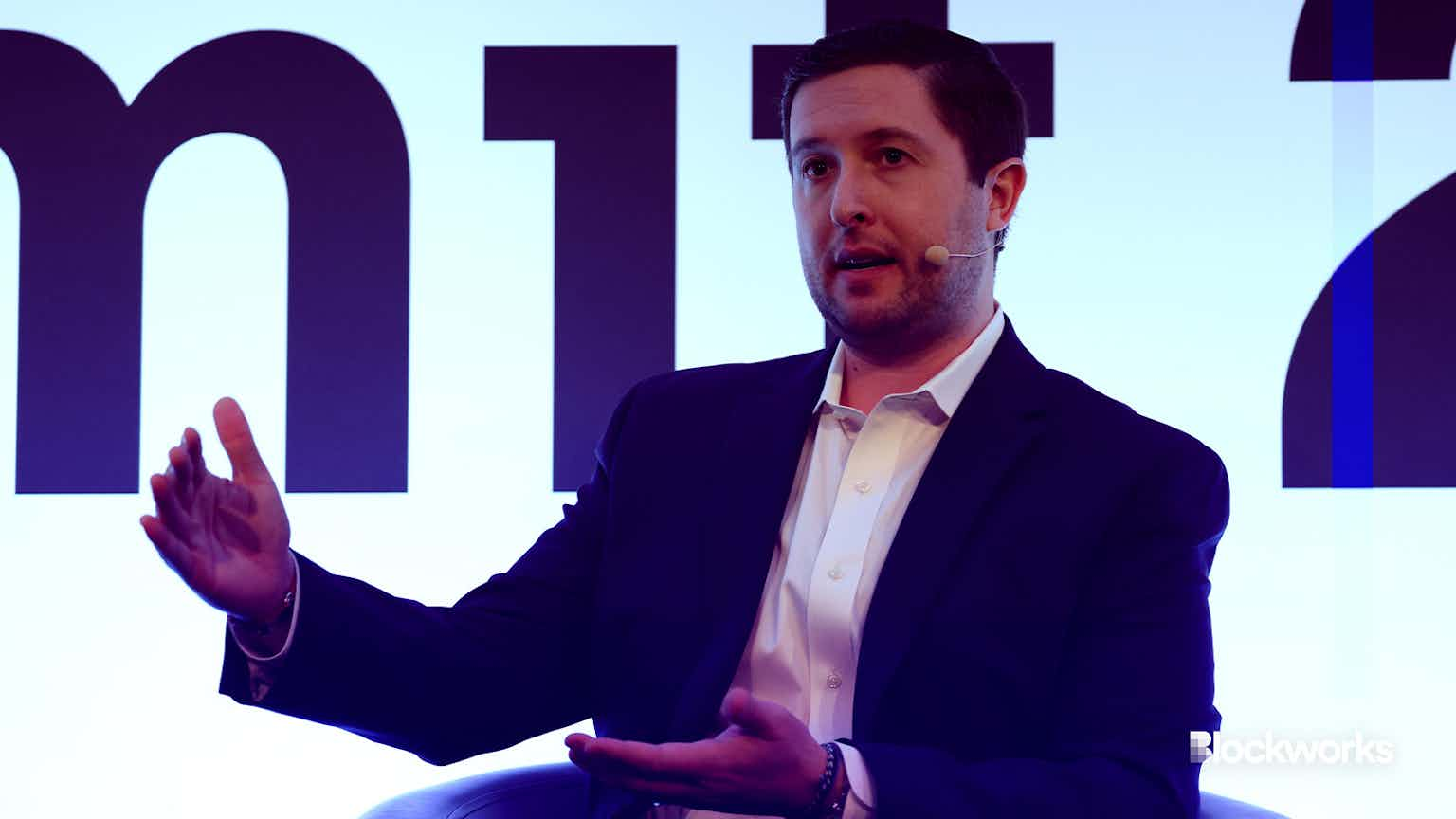Colorado Residents Can Now Pay State Taxes With Crypto, for a Fee
Citizens can pay individual income tax, business income tax, sales and use tax, withholding tax, severance tax and excise fuel tax using cryptocurrency

Source: Shutterstock
key takeaways
- Colorado allows for crypto tax payments, and they cost less than credit card transactions
- Taxpayers may be subject to additional taxes down the line
Colorado residents can now pay state taxes via cryptocurrency, a move Gov. Jared Polis said carries lower fees than credit card payments.
Colorado is partnering with PayPal’s cryptocurrency arm on the endeavor. The service fee for such transactions is $1.00, plus 1.83% of the total, according to the state’s Department of Revenue.
Taxpayers opting to use direct debit are not subject to fees. Credit card payments impose a $0.75 fee, plus 2.25% of the net payment.
Residents can — for the first time — pay individual income tax, business income tax, sales and use tax, withholding tax, severance tax and excise fuel tax using cryptocurrency.
Transactions can only be completed through PayPal personal accounts, as opposed to PayPal business accounts, and payments must be made in full using only one cryptocurrency, the Department of Revenue said.
“We are touting Colorado as the center of the crypto economy,” Polis said in an interview ahead of the ETHDenver conference conference in February. “We have not only very favorable laws and rules, but we also have a great ecosystem of innovation here.”
The Department of Revenue’s website did not list specific acceptable cryptocurrencies, but PayPal supports bitcoin, bitcoin cash, ether and litecoin.
“Our budget is still in dollars, our expenditures are still in dollars, and, of course, we don’t want to take the speculative risk of holding crypto, so we will be having a transactional layer there,” Polis said. “It will be entering our systems as dollars. For consumer convenience, we want to accept payments in a wide variety of cryptocurrencies.”
Taxpayers opting to use cryptos should expect additional fees down the line. They will be responsible for keeping track of these transactions and determining tax obligations, legal experts said.
“Colorado’s plan to accept crypto currency for state tax payments and other government fees is proof of crypto’s wide acceptance as both an investment and payment method,” Kell Canty, CEO of Ledgible, said, at the time of the initial plan announcement. “Of course, using crypto to pay taxes does not change the tax treatment of the transaction for federal income or state income tax purposes.”
Start your day with top crypto insights from David Canellis and Katherine Ross. Subscribe to the Empire newsletter.





